Today’s readings
What Satan wants is a community of disciples so mired in their sins, that they do nothing to foster the Kingdom of God and live the Gospel. Bookmark that thought, because I’ll come back to it in a bit.
I love today’s Gospel because it features one of my favorite characters, Saint Peter. Saint Peter has been inspirational to me because, despite being called to do great things for God, he does a lot of messing up and often has to pick himself up and start all over again. Today’s Gospel reading has him trying to figure things out. He’s very recently been through the arrest and execution of his Lord, only to find out that he is risen, and has appeared to various disciples, including Peter himself. I think today’s story has him trying to make sense of it all and figure out where to go from here. But he’s trying to figure it out in the midst of having fallen again, since he denied even knowing the Lord three times on the night of Holy Thursday.
So, in an effort to figure things out, he goes back to what he knows best, which is to say he goes fishing. And he takes some of the others with him. And, as is very typical of Peter’s fishing expeditions recorded in the Gospels, he catches nothing even though he’s been hard at it all night long. It’s not until the Lord is with them again and redirects their efforts, that they eventually pull in an incredibly large catch of fish. Jesus then invites them to dine with him, using one of my favorite lines in all of Sacred Scripture, “Come, have breakfast.”
Then we have this very interesting, and in some ways tense, conversation between Jesus and Peter. Jesus takes him off to the side after breakfast, and just as he redirected Peter’s efforts while they were fishing earlier, now he redirects Peter’s efforts in his life. There are a couple of points of background that we need to keep in mind. First, just as Peter three times denied his Lord on the night of Holy Thursday, so now Jesus gives him three opportunities to profess his love and get it right.
Second, the Greek language has a few different words that we translate “love.” Two of them are in play in this conversation. The first is agapeo, which is the highest form of love. It’s a love that always wills the best for the other person, a love that is self-sacrificing and enduring. It’s the love that God has for us. The other kind of love that is used here is phileo, a bit lower form of love that is something like a strong affection for someone else. Where agapeo is an act of the will, phileo is more of a feeling. Many scholars don’t see this as an appreciable difference and say John in his Gospel just uses two different words to mean the same thing. But I think John is careful with language, and the two uses mean something, as we will see.
So the conversation begins, “Simon, son of John, do you love me more than these?” That’s literally a loaded question, so let’s look at it. First of all, Jesus calls Peter “Simon, son of John.” But Jesus is the one who changed his name from Simon to Peter. So this seems to be a bit of a rebuke: Okay, Peter, if you’re just going to revert to your former self and pretend you haven’t known me the last three years, then I’ll just use your old name. I’m sure Peter didn’t miss the inference. Then at the end, “do you love me more than these?” Scholars have a lot of opinions on what “these” are: Do you love me more than you love these other guys? Do you love me more than these other guys love me? Do you love me more than this fishing equipment, the tools of your former life? It doesn’t matter what he meant by “these,” the effect is the same: Peter is called to a higher love, which is evidenced in the word Jesus uses for love, which is agapeo. Peter responds, acknowledging Jesus’ omniscience, “Lord you know that I love you.” But he uses phileo, perhaps acknowledging that he is not capable of the agapeo kind of love. And he’s probably right about that, since sin does diminish our capacity to love. He receives the response “Feed my lambs,” of which I’ll say more later.
The conversation continues in the same manner, using the same forms of the word “love” in both the question and the response, and ending with the injunction, “Tend my sheep.” But the third question is interesting. Jesus asks the third time, “Simon, son of John, do you love me?” But this time Jesus uses the word phileo, as much as to say, “Okay, Peter, do you even have affection for me?” And Peter seems to get the inference, because he responds emotionally: “Lord, you know everything; you know that I love you.” And he’s right: Jesus does know. But Jesus needed Peter to know it too. Jesus, in his Divine Mercy, has healed Peter, forgiven his sins, and helped him to remember his mission, redirecting his efforts to “Feed my sheep.”
Because if Jesus hadn’t done this, Satan would have won. He would have had that community of disciples so mired in their sins, that they do nothing to foster the Kingdom of God and live the Gospel. And then we wouldn’t be here today, would we?
And let’s be clear about this. We, like Peter, all have a mission to accomplish. We all have some part of the Kingdom to build. We may not be the rock on which Jesus will build his Church, but we are indeed part of it. And we are all, sadly, affected by our sins. We have all denied our Lord in one way or another by what we have done and what we have failed to do. And so the Lord, in his Divine Mercy, says to us today: “Patrick, do you love me?” “Susan do you love me?” And we respond with whatever love we’re capable of. In that moment, Jesus redirects our life’s efforts too, so that we can do what we’re called to do. We, who have been purified by our Lenten penance, are now called to the life of the Resurrection, in which all God’s lambs are cared for, and all his sheep tended.
So here’s the question to ponder and pray with this week: “Do you love me more than these?” “These” can be anything that is part and parcel of your life day in and day out. Do you love me more than your work? Do you love me more than your busyness? Do you love me more than your sins? Do you love me more than your addiction? Do you love me more than your improper relationships? Do you love me more than your poor self-image? Do you love the Lord more than “these”? Then hear our Lord say to you: “Tend my sheep.” Those sheep are whoever in your life are the ones who make up your life’s vocation, those people God has given you to love and care for. Tend them with renewed authenticity. Tend them with the same love our Lord has for you. Tend his sheep.
Because Christ is risen! He is risen indeed!
Alleluia!

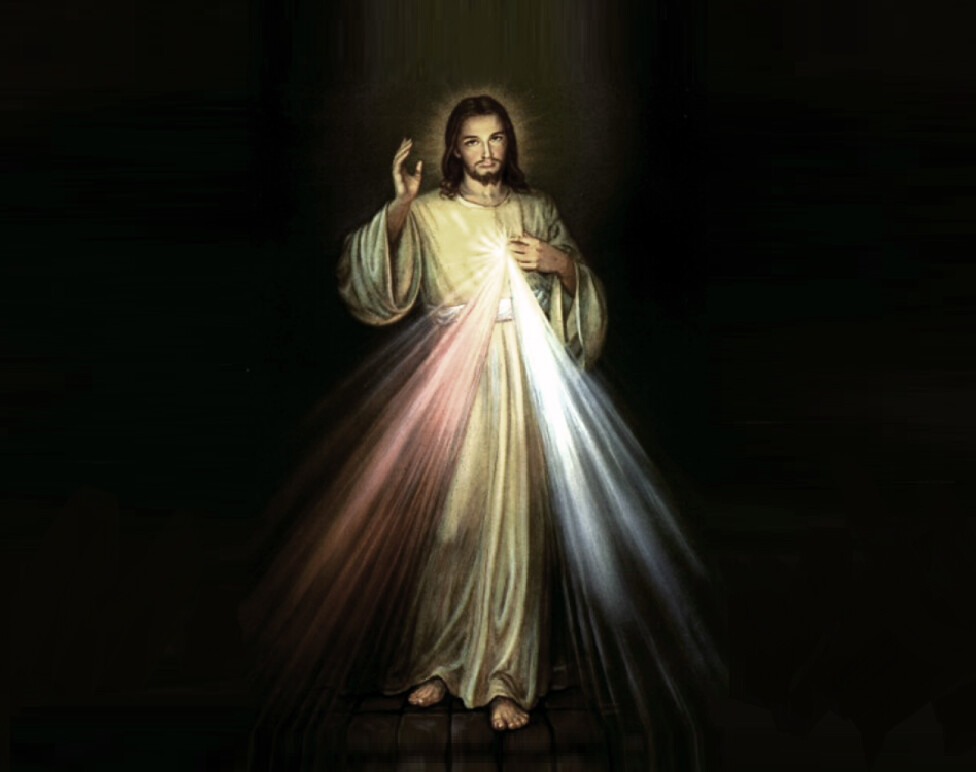

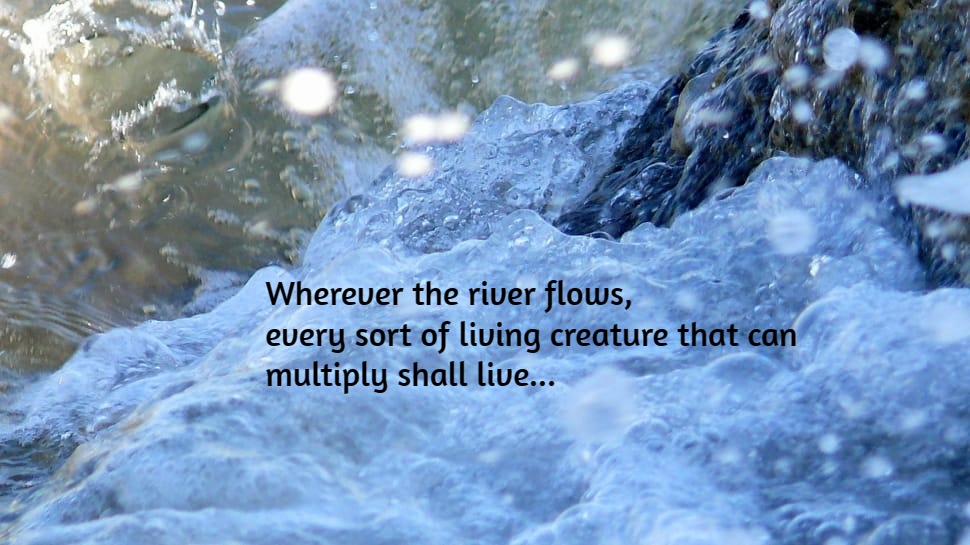
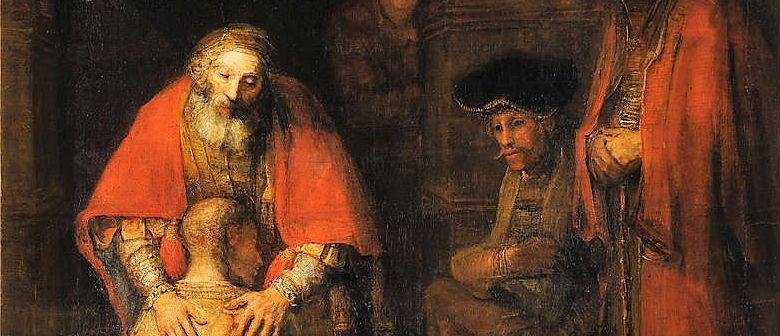


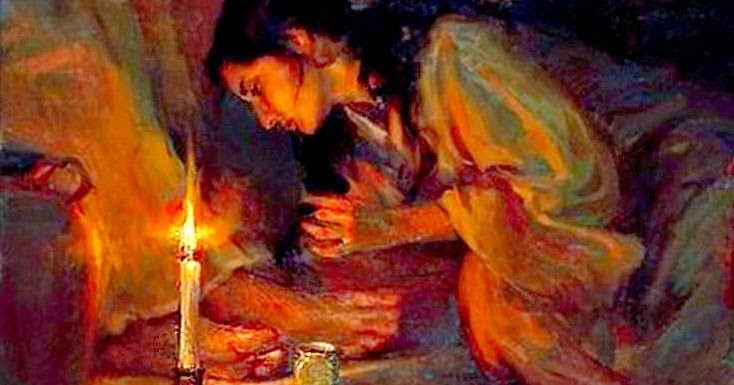

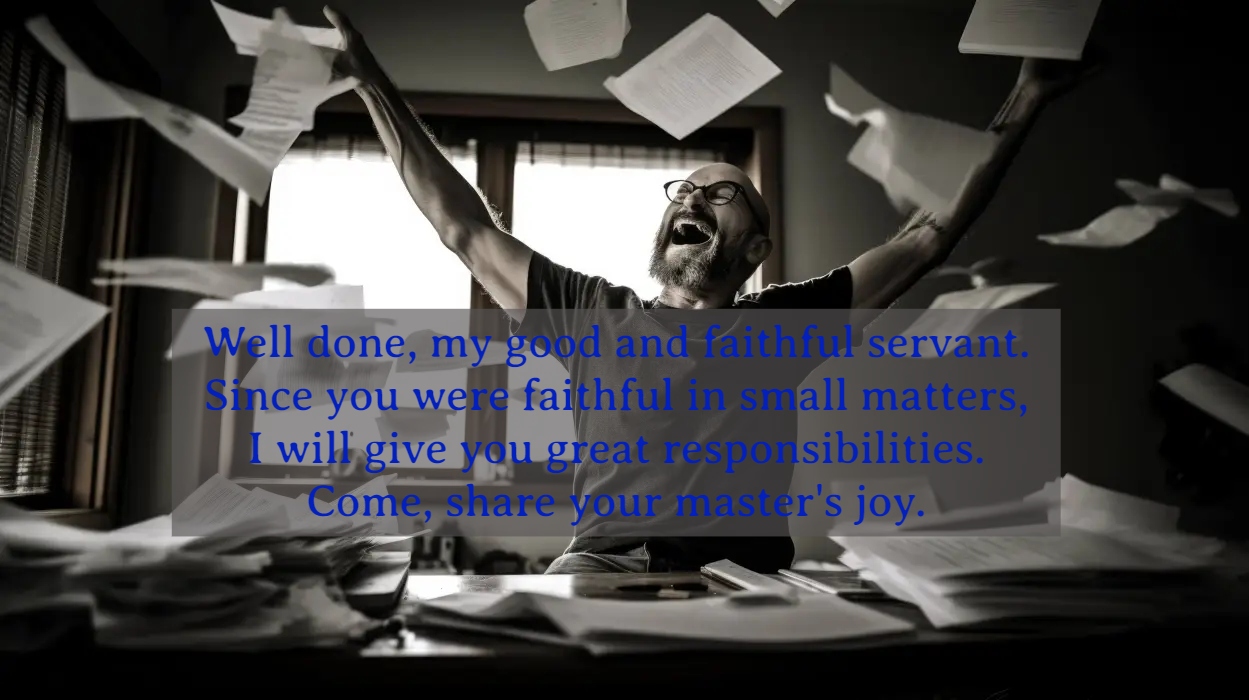
You must be logged in to post a comment.